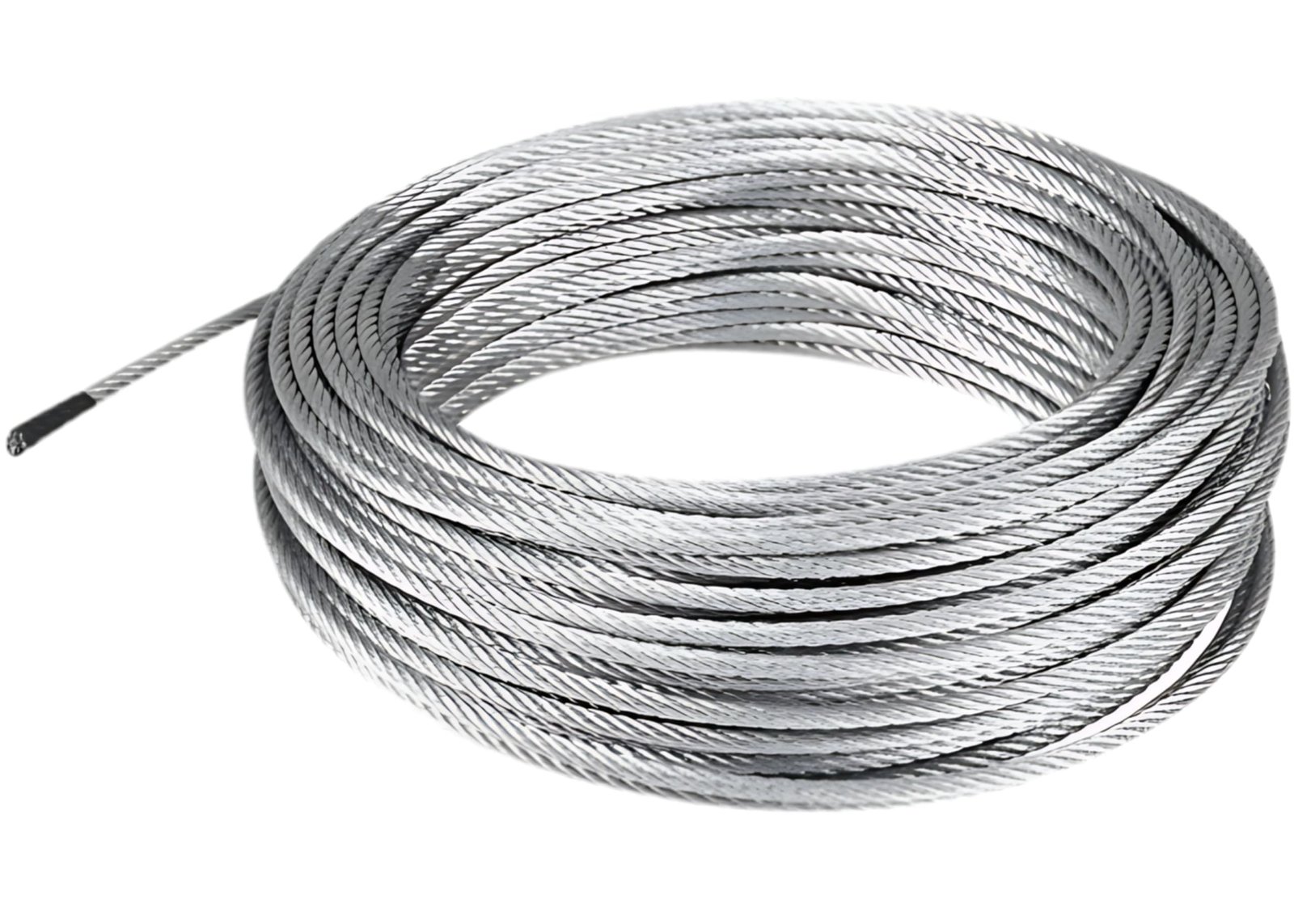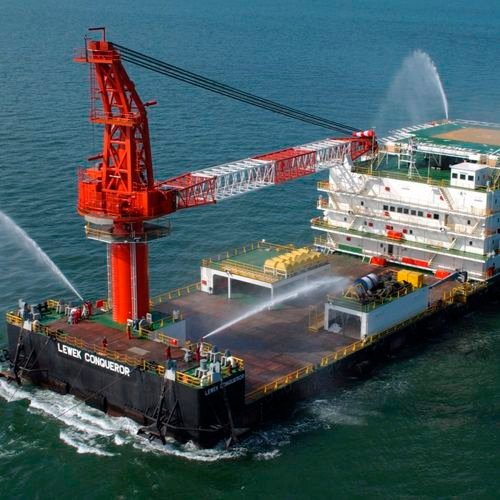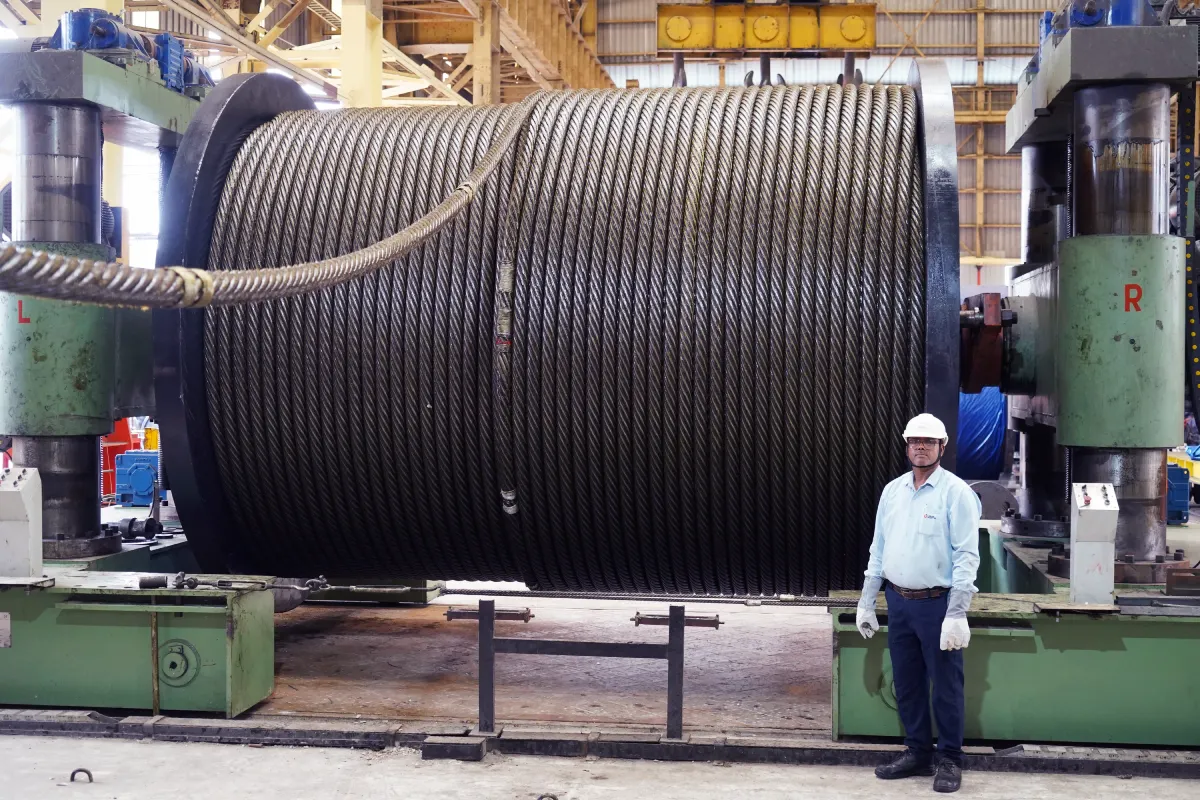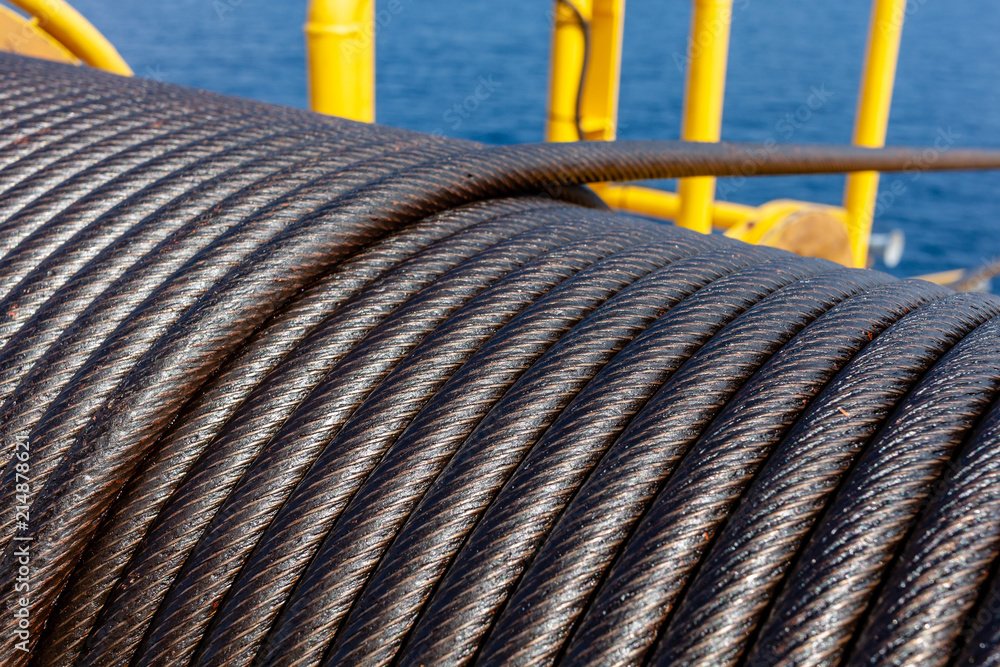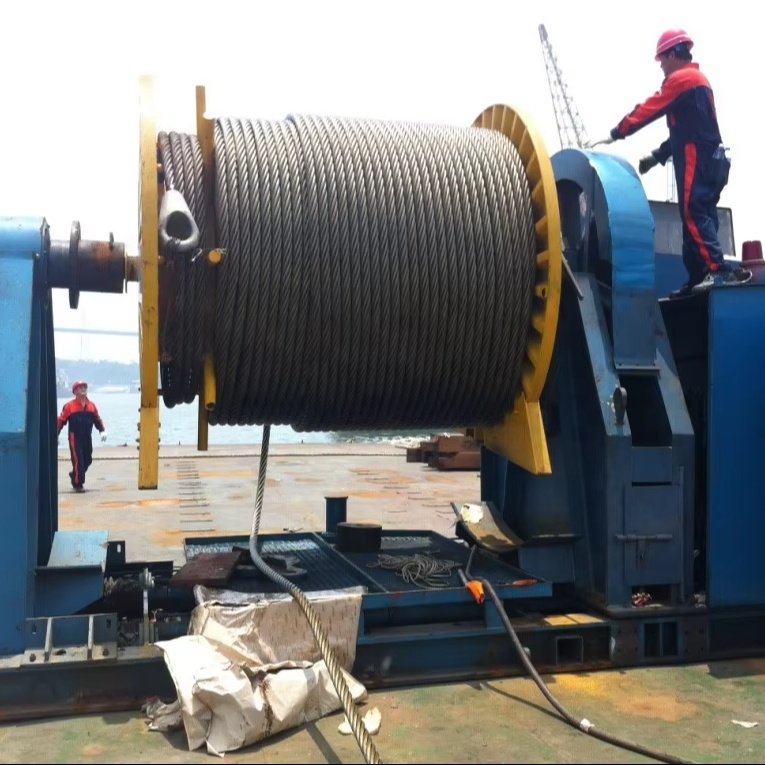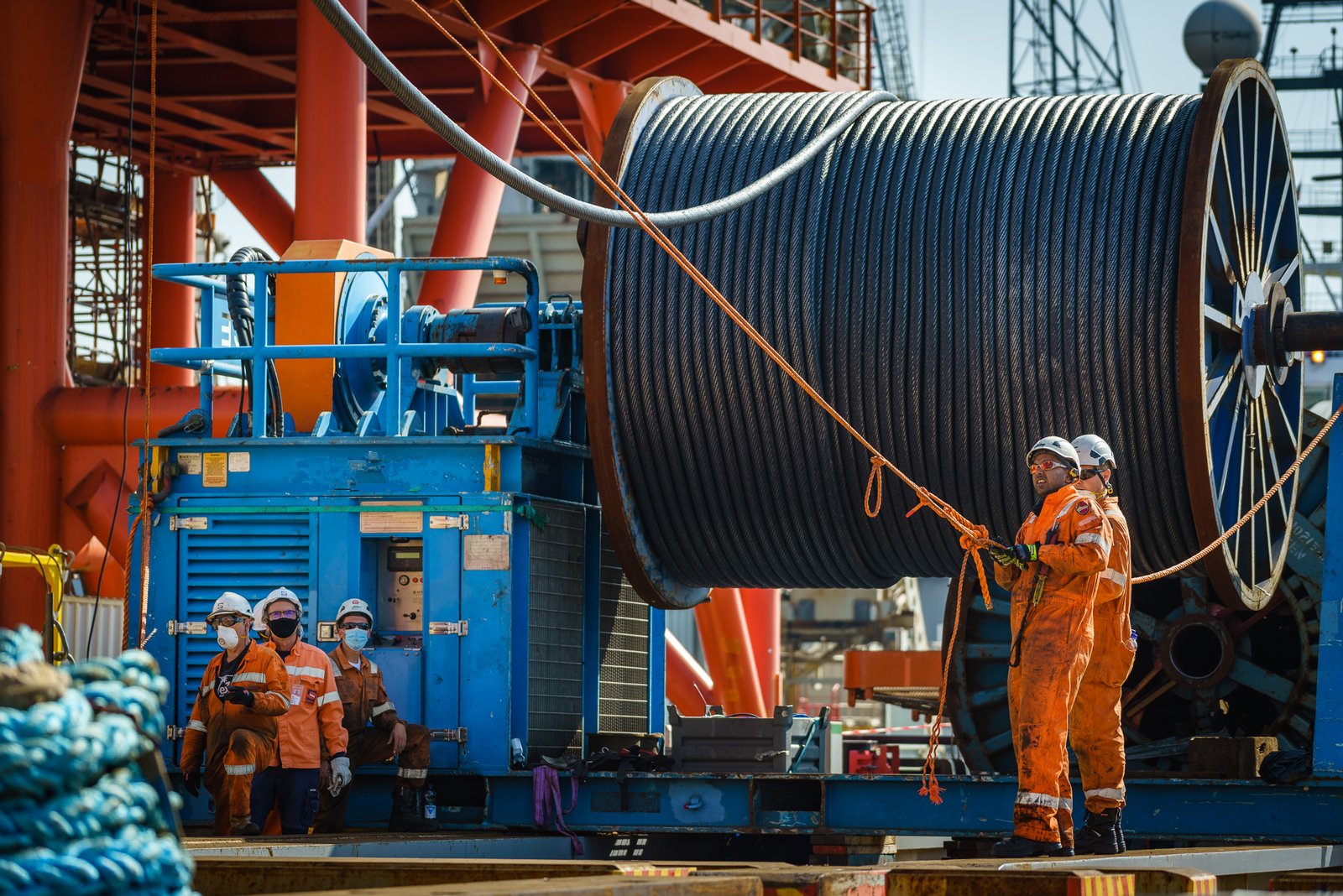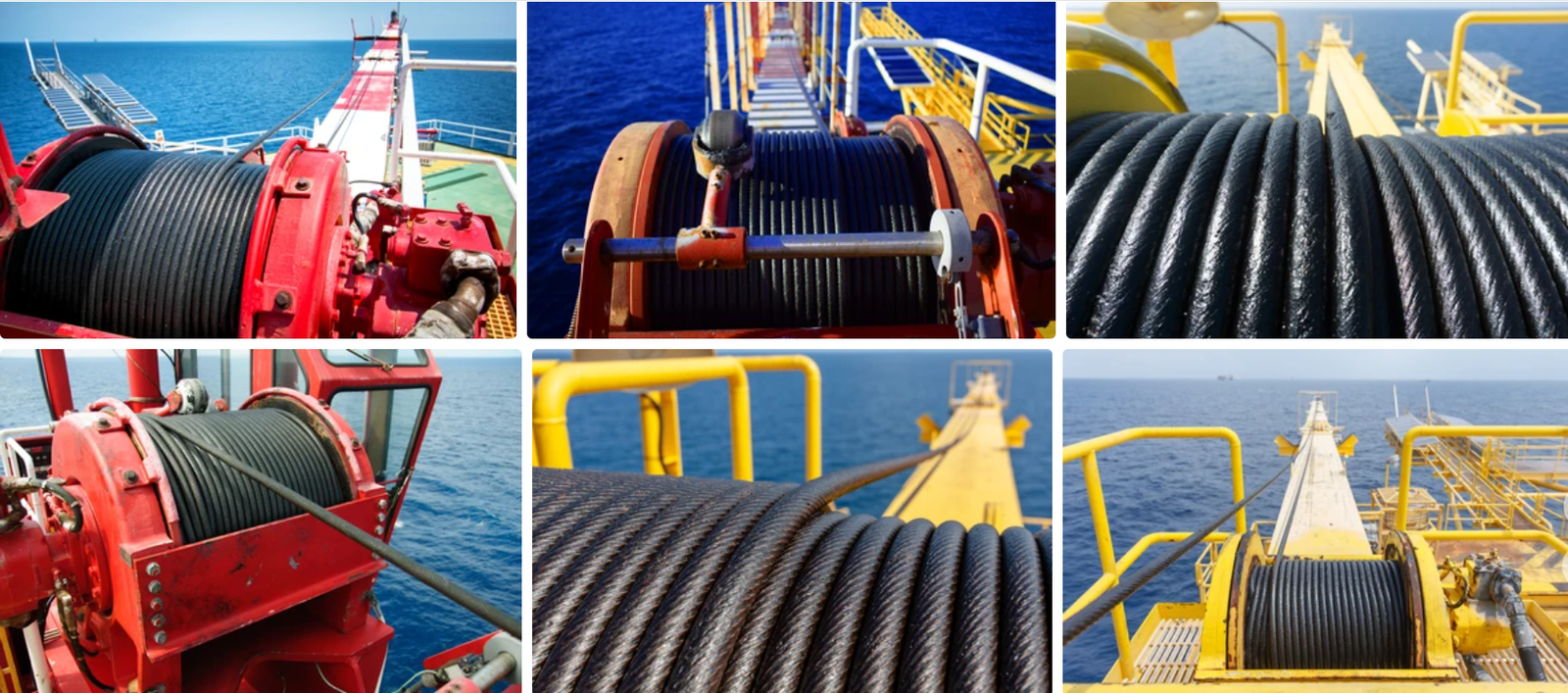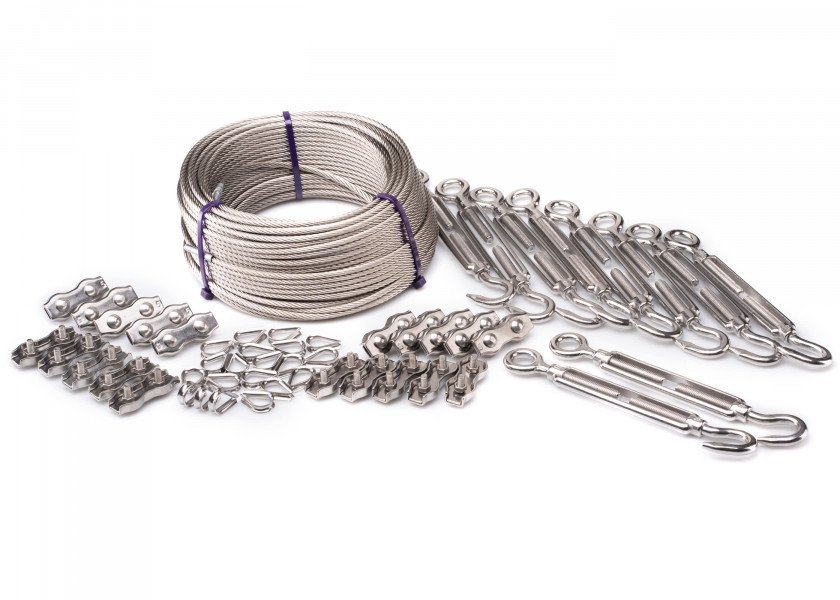
Problem: Are you tired of wire ropes failing due to corrosion? Agitate: Rust and wear compromise safety and increase costs. Solve: Stainless steel wire ropes offer superior resistance and long-lasting performance.
Stainless steel wire ropes are an excellent choice because they resist corrosion, offer high strength, and ensure durability even in harsh environments. They are ideal for applications requiring hygiene, aesthetic appeal, and long-term reliability.
You might be wondering, “Is stainless steel really worth the investment?” Let me share a story. I once had a client, similar to someone who valued long-term solutions, who was constantly replacing their standard steel ropes in outdoor settings. We discussed stainless steel, and they decided to try it. The difference was remarkable.
What Makes Stainless Steel Wire Rope So Resistant to Corrosion?
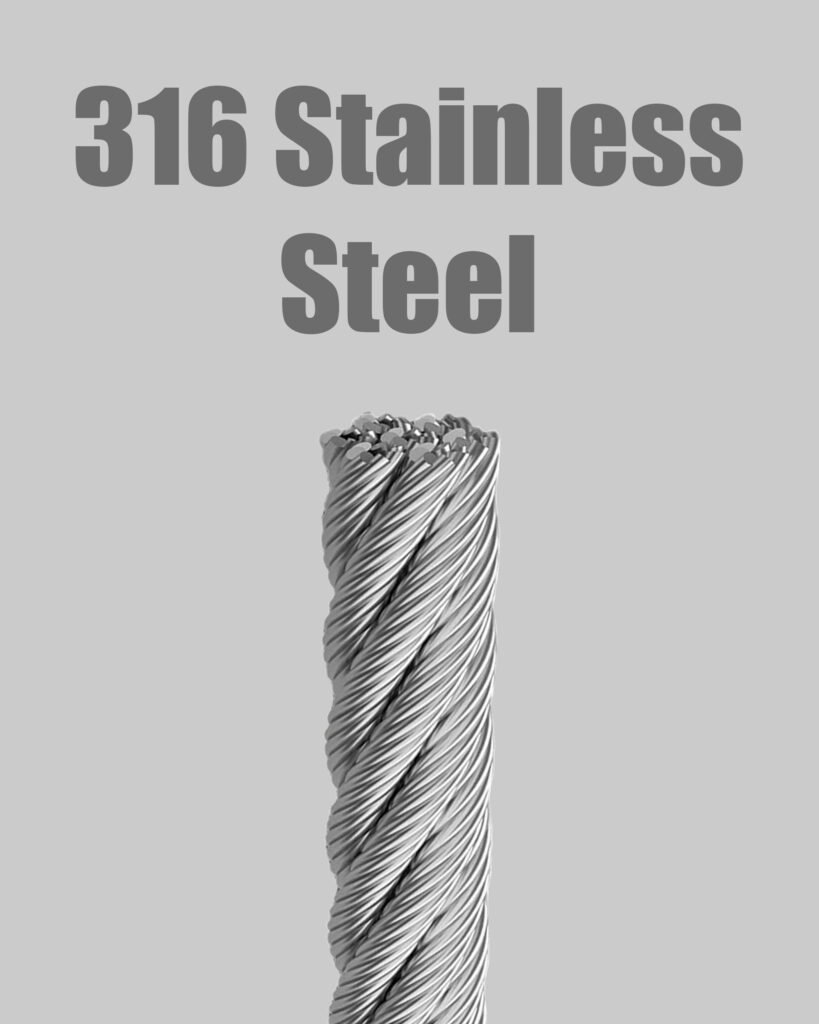
Have you ever wondered why some metals rust and others don’t? It all comes down to their composition.
Stainless steel wire rope resists corrosion due to the presence of chromium, which forms a passive, self-repairing oxide layer on its surface, protecting the underlying steel from environmental damage. This layer acts as a barrier against rust and chemical degradation.
Dive Deeper: The Science Behind Corrosion Resistance
The magic of stainless steel lies in its unique alloy mixture. When chromium is present in steel, typically at least 10.5%, it reacts with oxygen in the air or water to create a very thin, invisible film. This film is called a passive layer.
- This passive layer is what gives stainless steel its “stainless” quality. It constantly rebuilds itself if scratched or damaged, as long as oxygen is present. This is a key difference from other metals that just corrode once their protective coating is gone.
- Different grades of stainless steel have varying levels of corrosion resistance. This depends on the amount of chromium, nickel, molybdenum, and other elements in the alloy. For example, maritime applications often use grades with higher molybdenum content for better resistance to saltwater.
- Understanding these grades is important when selecting wire rope for specific environments. Here’s a brief look at common types:
| Stainless Steel Grade | Key Characteristics | Common Applications |
|---|---|---|
| 304 | Good general corrosion resistance, versatile | Food processing, architectural |
| 316 | Excellent resistance to marine and chemical | Marine, chemical, medical |
| Duplex | High strength, good corrosion resistance | Offshore, chemical tanks |
When I am talking to clients, especially those in marine sectors, I always highlight the importance of choosing the right grade. It makes a big difference in the product’s lifespan.
What Are the Key Advantages of Using Stainless Steel Wire Ropes in Harsh Environments?
When conditions are tough, standard wire ropes often fail quickly. This is where stainless steel shines.
Stainless steel’s primary advantage in harsh environments is its superior corrosion resistance against moisture, chemicals, and extreme temperatures, ensuring extended service life and reduced maintenance needs. It also offers good strength and aesthetic appeal.
Dive Deeper: Real-World Benefits
Imagine a bustling port in Singapore or a remote mining site in Australia. These environments present unique challenges like saltwater exposure, high humidity, corrosive chemicals, or abrasive dust. Regular steel ropes would quickly succumb to these conditions.
- Longevity in Moist and Salty Conditions: For marine wire rope, or applications near the coast, salt is a massive enemy to regular steel. The passive layer on stainless steel resists chloride attack, which is very common in saline environments. This means less frequent replacements and less downtime.
- Resistance to Chemicals: Many industrial settings, such as those that use mining wire rope, involve exposure to acids or alkalis. Stainless steel can withstand many of these corrosive substances. It retains its structural integrity better than other materials.
- Aesthetic Appeal and Hygiene: Beyond its functional benefits, stainless steel also has a clean, modern look. This is crucial for architectural applications or in environments like food processing plants where hygiene is paramount. Its smooth surface is easier to clean and sterilize.
- Maintenance Savings: Because stainless steel wire ropes last longer, they require less frequent inspection for corrosion or replacement. This translates directly into lower operational costs over the product’s lifespan. My factory, Aulone, ensures that our high-quality stainless steel options meet these demanding needs, helping purchasing managers like those I work with daily save money in the long run.
How Does Stainless Steel Wire Rope Compare to Galvanized Wire Rope?
Often, clients ask me about galvanized wire rope versus stainless steel. Both offer corrosion protection, but they do it differently.
Stainless steel wire rope offers inherent corrosion resistance throughout its material due to its alloy composition, while galvanized wire rope relies on a zinc coating to protect the underlying steel. Stainless steel provides superior, long-term resistance, especially in severe environments.
Dive Deeper: Choosing the Right Protection
It’s important to understand the fundamental difference in how they achieve corrosion resistance.
- Galvanized Wire Rope: This type of rope has a layer of zinc applied to its surface. The zinc acts as a sacrificial coating. It corrodes before the underlying steel, offering protection. However, if this zinc layer is scratched or worn away, the steel underneath becomes vulnerable. This is a cost-effective solution for many general-purpose outdoor applications.
- Stainless Steel Wire Rope: As we discussed, its resistance comes from the chromium within the metal itself. This means even if the surface is scratched, the passive layer can reform, maintaining its protection. This inherent resistance makes it a better choice for high-wear areas or very aggressive corrosive environments.
- Here’s a quick comparison:
| Feature | Stainless Steel Wire Rope | Galvanized Wire Rope |
|---|---|---|
| Corrosion Protection Mechanism | Inherent (chromium content) | Sacrificial coating (zinc layer) |
| Durability of Protection | Long-lasting, self-healing | Can be compromised if zinc wears/scratches |
| Cost | Generally higher upfront | Generally lower upfront |
| Best Use Cases | Marine, chemical, food processing, medical | General outdoor, construction, lifting |
For applications where ultimate reliability, minimal maintenance, and operation in very aggressive conditions are required, I always recommend stainless steel wire rope. While the initial cost might be higher, the total cost of ownership over time is often lower due to its extended lifespan. My team at Aulone provides options for both galvanized and stainless, ensuring clients select the exact product for their specific needs, whether it’s for crane wire rope or specialized assemblies.
Can Stainless Steel Wire Rope Meet Specific Industry Standards and Custom Needs?
When dealing with specialized projects, compliance and customization are often critical. We know this well at Aulone.
Yes, stainless steel wire rope can be manufactured to meet various industry standards like EN12385-4 and can be customized in terms of length, construction, and even with a client’s logo. Certifications like BV, CE, RMRS, DNV, and ABS are also available.
Dive Deeper: Tailoring Solutions for Clients
Meeting specific requirements is essential for our international clients, from Saudi Arabia to Canada. This is especially true for large corporations and specialized buyers.
- Compliance with Standards: Many projects demand wire ropes that adhere to strict international standards. For example, EN12385-4 is a common standard for general purpose wire ropes. My factory prioritizes meeting these requirements because safety and performance rely on it. We can provide all necessary documentation.
- Customization Options: While standard products are great, many clients need a unique solution. My factory, Aulone, with its four production lines, can adjust to these needs. We can offer:
- Specific lengths and diameters.
- Different constructions (e.g., 6×19, 7×19, 6×36) for varying flexibility and strength requirements.
- Plastic impregnated cores for enhanced internal lubrication and corrosion resistance.
- The option for a customized logo, which helps our distributors and buyers of wire ropes and slings promote their own brand.
- Specialized assemblies and end fittings for specific equipment.
- Certification Importance: For critical applications, certifications are non-negotiable. We can provide BV, CE, RMRS, DNV, and ABS certificates. This gives clients, especially those in marine or specific industrial sectors, peace of mind that the product meets rigorous quality and safety benchmarks. I often assist clients, like Andri, who have strict quality control, in navigating these certification processes.
Conclusion
Choosing stainless steel wire rope provides excellent corrosion resistance, high strength, and durability for demanding applications.

